Taking care of your joints is crucial for maintaining mobility and reducing discomfort. Surprisingly, what you eat plays a significant role in joint health. Certain foods can exacerbate inflammation and worsen joint pain, making it essential to be mindful of your diet. Avoiding or limiting these foods can support healthier joints and improve your overall well-being. Here are some common culprits that might be affecting your joints.
Contents
- 1 Sugar
- 2 Processed Foods
- 3 Red Meat
- 4 Dairy Products
- 5 Salt
- 6 Fried Foods
- 7 Refined Carbohydrates
- 8 Alcohol
- 9 Artificial Additives
- 10 Omega-6 Fatty Acids
- 11 Gluten
- 12 Nightshade Vegetables
- 13 Corn Oil
- 14 Soda
- 15 Margarine
- 16 More From RetailShout
- 17 10 Foods That Are Cheaper to Order Out Than Cook at Home
- 18 10 Chef-Approved Cooking Tips to Try in Your Own Kitchen
Sugar
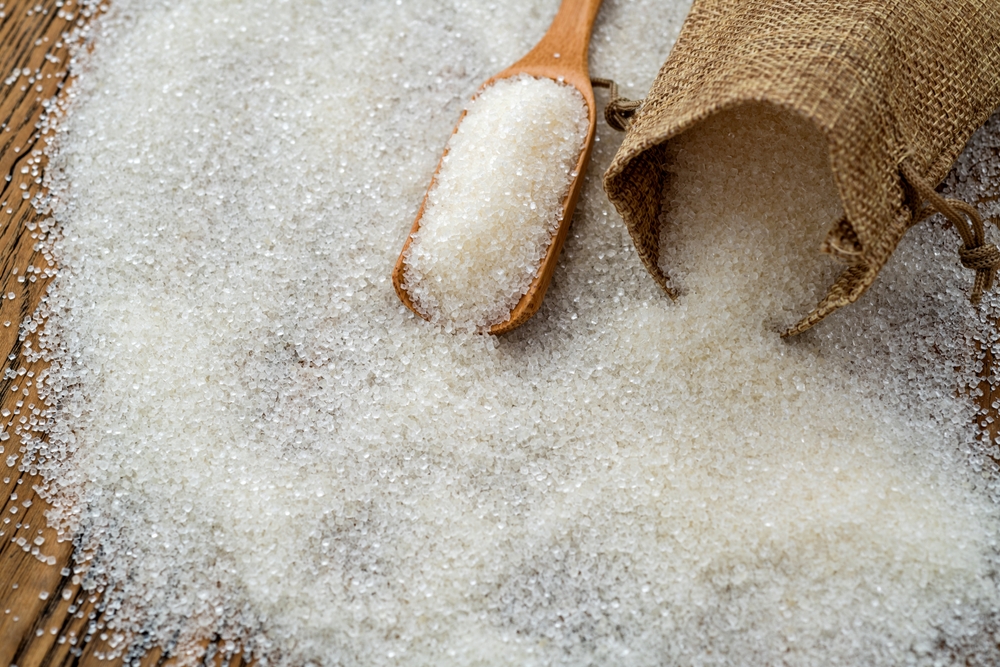
Excessive sugar intake can lead to increased inflammation in the body. It contributes to weight gain, which puts additional stress on your joints. Sugary foods and beverages also spike insulin levels, which can exacerbate joint pain. Reducing sugar can help manage weight and inflammation, benefiting your joint health.
Processed Foods
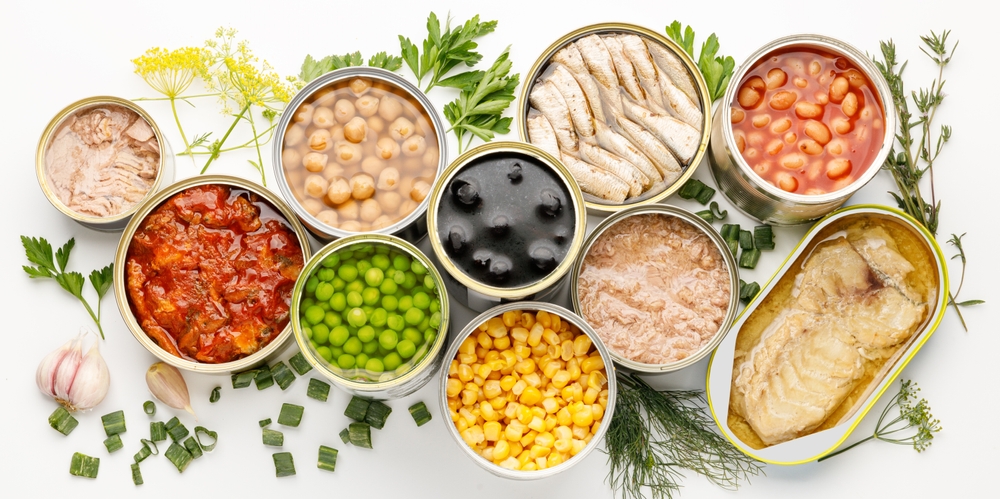
Processed foods are often high in unhealthy fats, sugars, and preservatives. These ingredients can increase inflammation and worsen joint pain. They also lack essential nutrients that support joint health. Opting for whole, unprocessed foods can significantly improve your joint condition.
Red Meat
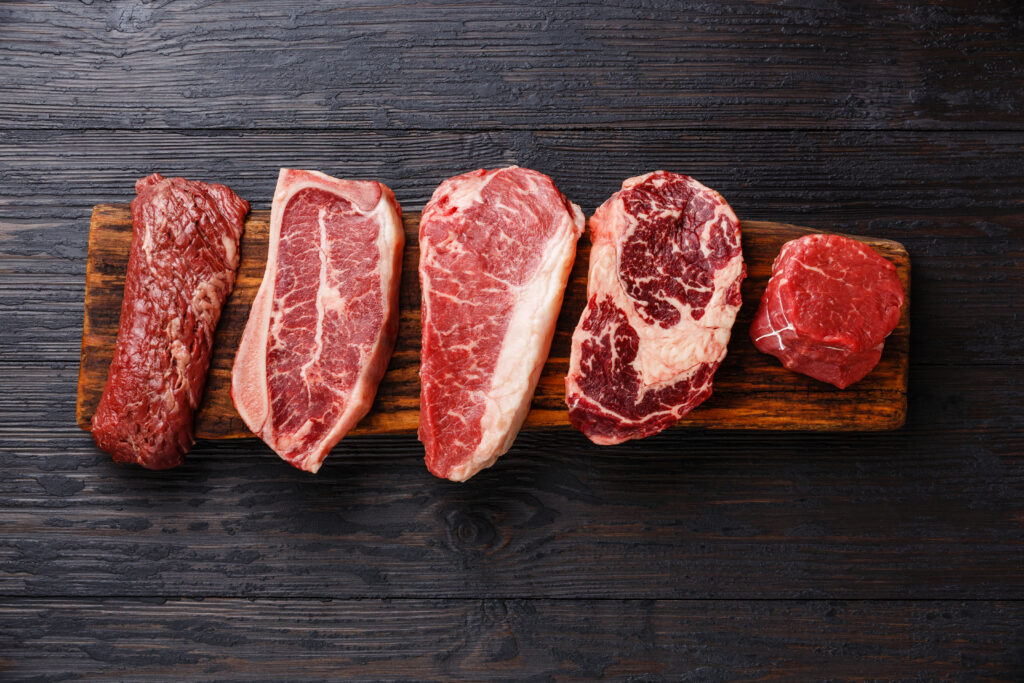
Red meat contains high levels of saturated fats, which can promote inflammation. Additionally, it has compounds that can trigger inflammatory responses in the body. Reducing red meat intake can help decrease inflammation and improve joint health. Consider replacing red meat with lean proteins like chicken or fish.
Dairy Products
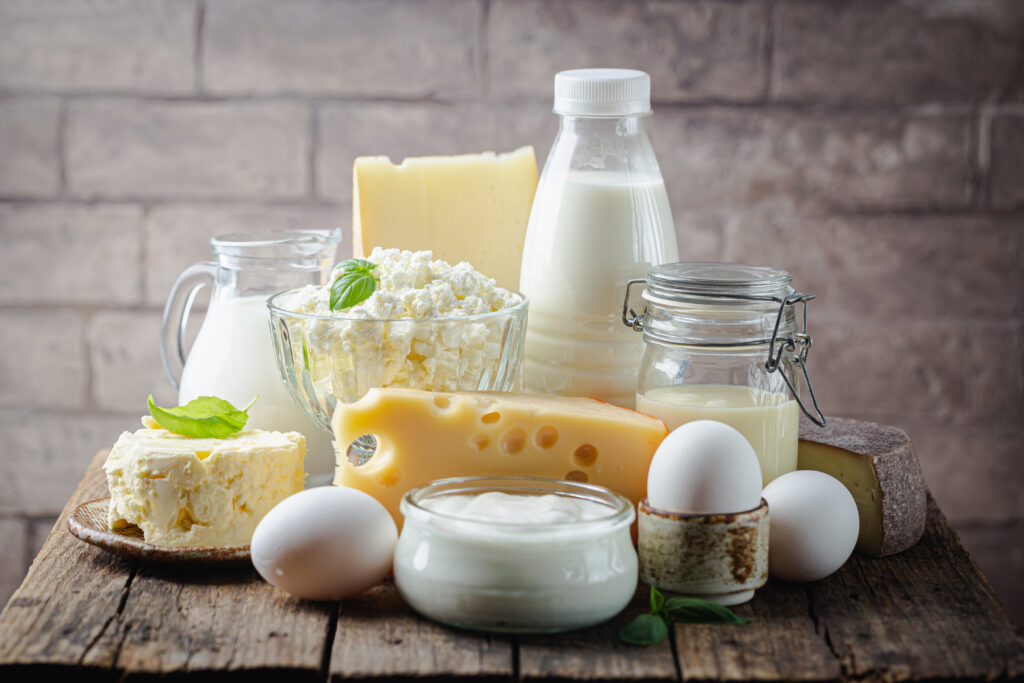
Some people find that dairy products worsen their joint pain due to a protein called casein. Casein can irritate the tissue around the joints, leading to inflammation. If you notice increased joint pain after consuming dairy, try eliminating it from your diet to see if there’s an improvement. Plant-based alternatives can be a good substitute.
Salt

High sodium intake can lead to water retention and increased blood pressure. This can strain your joints and cause inflammation. Reducing salt in your diet can help decrease this strain and support healthier joints. Opt for herbs and spices to flavor your food instead.
Fried Foods

Fried foods are high in trans fats and unhealthy oils, which can increase inflammation in the body. These foods can also contribute to weight gain, putting more pressure on your joints. Avoiding fried foods can help reduce inflammation and support weight management. Baked or grilled alternatives are healthier options.
Refined Carbohydrates

Refined carbohydrates, such as white bread and pastries, can cause spikes in blood sugar levels. These spikes can lead to increased inflammation and joint pain. Choosing whole grains over refined carbohydrates can help stabilize blood sugar and reduce inflammation. Whole grains also provide more nutrients that support joint health.
Alcohol

Excessive alcohol consumption can lead to inflammation and negatively impact your joints. It can also contribute to dehydration, which can affect joint lubrication. Limiting alcohol intake can help reduce inflammation and support overall joint health. Staying hydrated with water is a better choice for your joints.
Artificial Additives

Foods with artificial additives, such as preservatives and colorings, can trigger inflammation and joint pain. These additives are found in many processed and packaged foods. Reading labels and choosing foods with natural ingredients can help avoid these additives. Fresh, whole foods are always a healthier choice for your joints.
Omega-6 Fatty Acids

While omega-6 fatty acids are essential in small amounts, too much can cause inflammation. They are found in oils like corn, safflower, and sunflower. Balancing omega-6 with omega-3 fatty acids from sources like fish can help reduce inflammation. Aim for a diet rich in omega-3s to support joint health.
Gluten
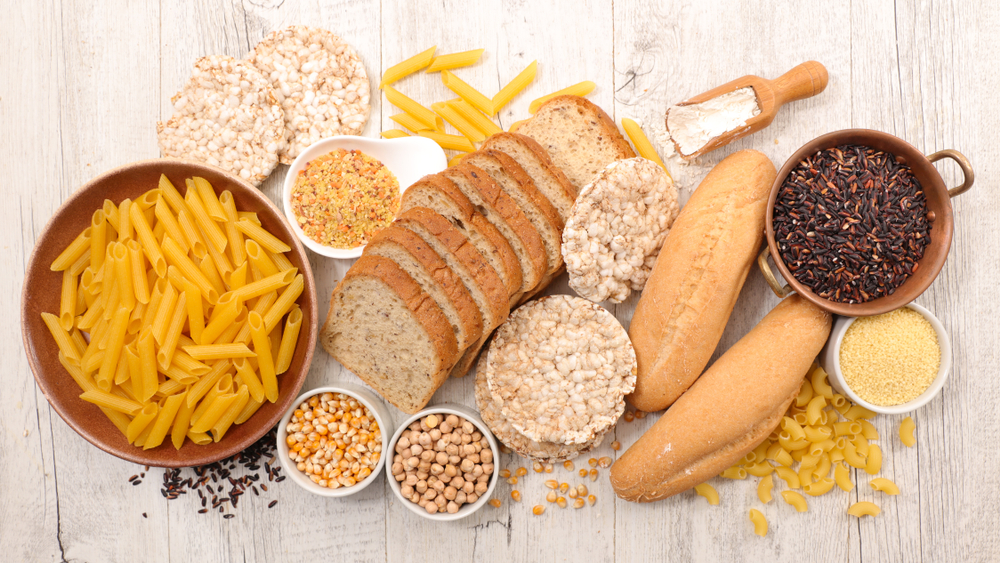
For some people, gluten can trigger inflammatory responses, especially in those with celiac disease or gluten sensitivity. It is found in wheat, barley, and rye products. Reducing or eliminating gluten can help alleviate joint pain and inflammation. Exploring gluten-free grains like quinoa and rice can be beneficial.
Nightshade Vegetables
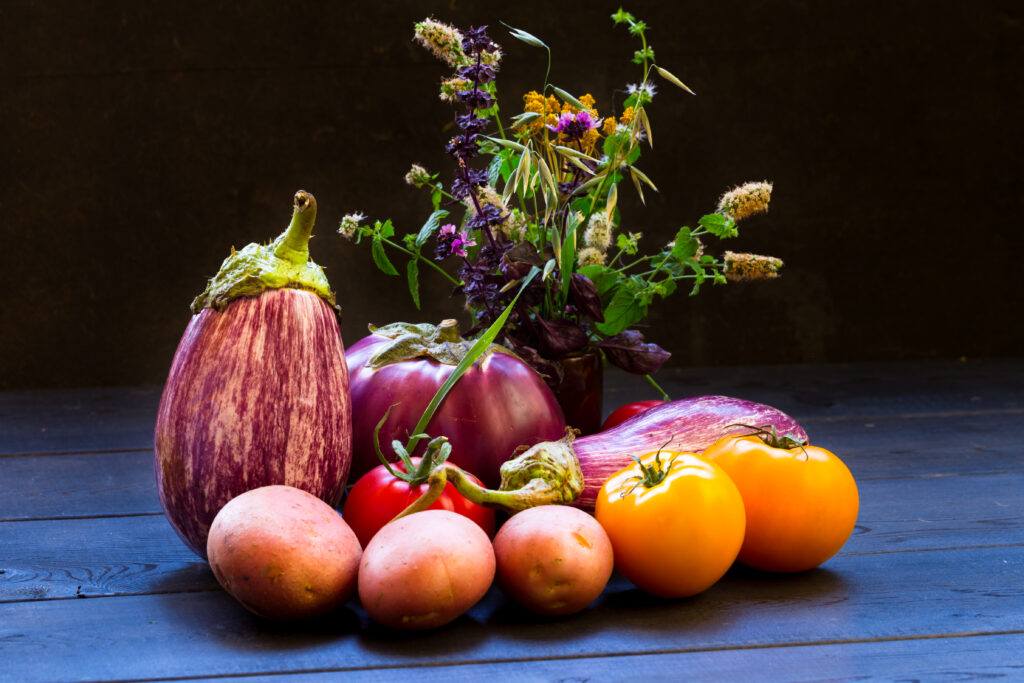
Some people find that nightshade vegetables, like tomatoes, peppers, eggplants, and potatoes, worsen their joint pain. These vegetables contain solanine, which can trigger inflammation in sensitive individuals. Monitoring your body’s response to these foods can help identify if they are a problem. If so, consider reducing their intake.
Corn Oil

Corn oil is high in omega-6 fatty acids, which can contribute to inflammation when consumed in excess. Healthier oils, like olive or avocado, can help reduce inflammation. These alternatives also offer beneficial nutrients that support overall health. Making this switch can benefit your joints.
Soda

Soda is high in sugar and artificial additives, both of which can lead to increased inflammation. It offers no nutritional value and can contribute to weight gain and joint stress. Reducing or eliminating soda from your diet can help improve joint health and overall well-being. Drinking water, herbal tea, or natural fruit juices are healthier alternatives.
Margarine

Margarine contains trans fats, which promote inflammation and contribute to joint pain. These fats are also linked to other health issues, like heart disease. Switching to healthier fats, such as those found in olive oil or avocado, can help reduce inflammation. Choosing natural butter in moderation is a better option.
This article originally appeared on RetailShout.
More From RetailShout
29 Delicious and Affordable Meals You’ll Love

Finding delicious meals on a tight budget doesn’t have to be hard. I’ve put together a list of 29 cheap and tasty meals that are perfect for any time you’re looking to save some money without sacrificing flavor. Read More.
10 Foods That Are Cheaper to Order Out Than Cook at Home

Eating out often gets a bad rap for being expensive, but that’s not always the case. Sometimes, grabbing a meal at your favorite spot can actually be lighter on the wallet than whipping it up in your own kitchen. Read More.
10 Chef-Approved Cooking Tips to Try in Your Own Kitchen

Cooking at home can be a joy, especially when you know a few tricks from the pros. Professional chefs have some amazing tips that can make your meals even more delicious and your time in the kitchen a lot more fun. Read More.






